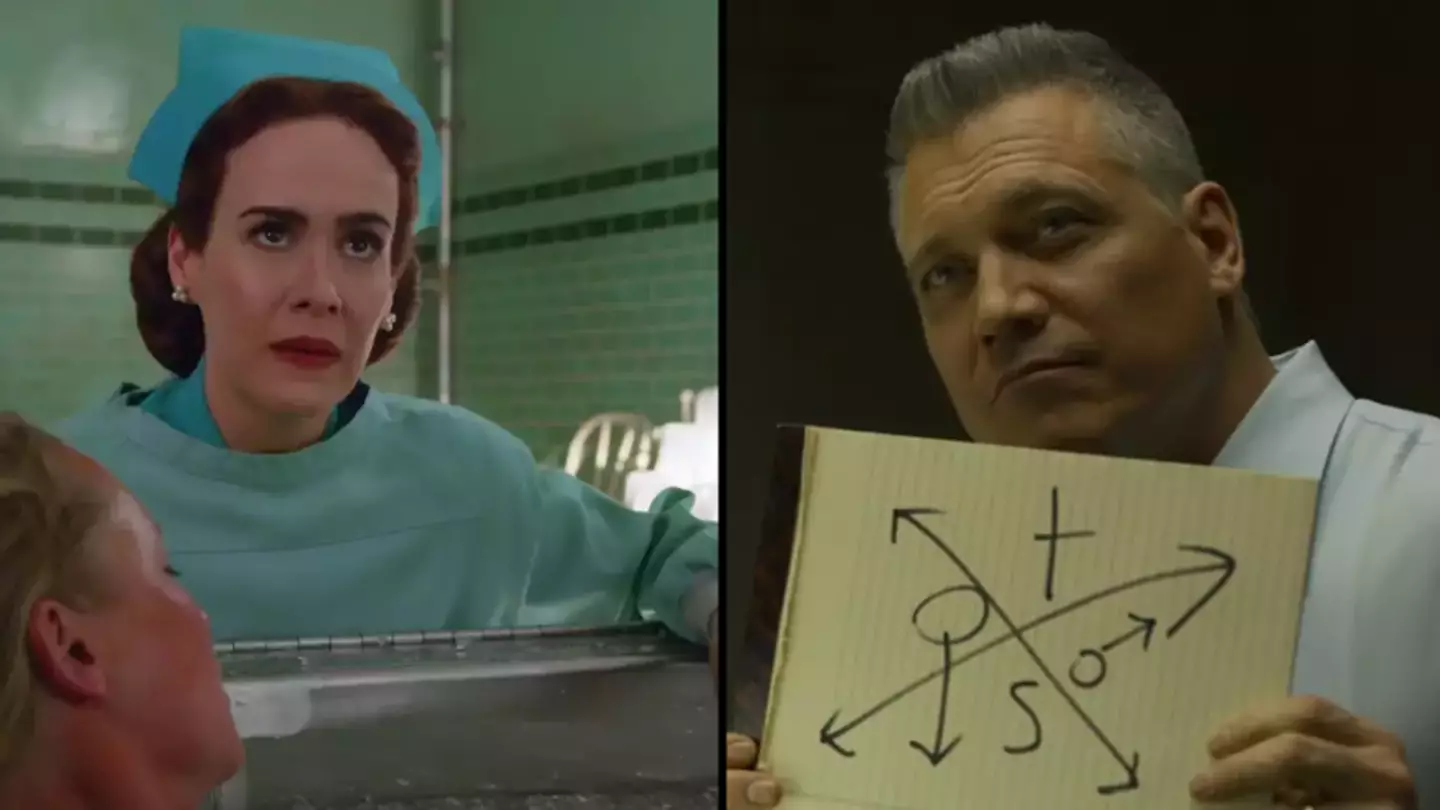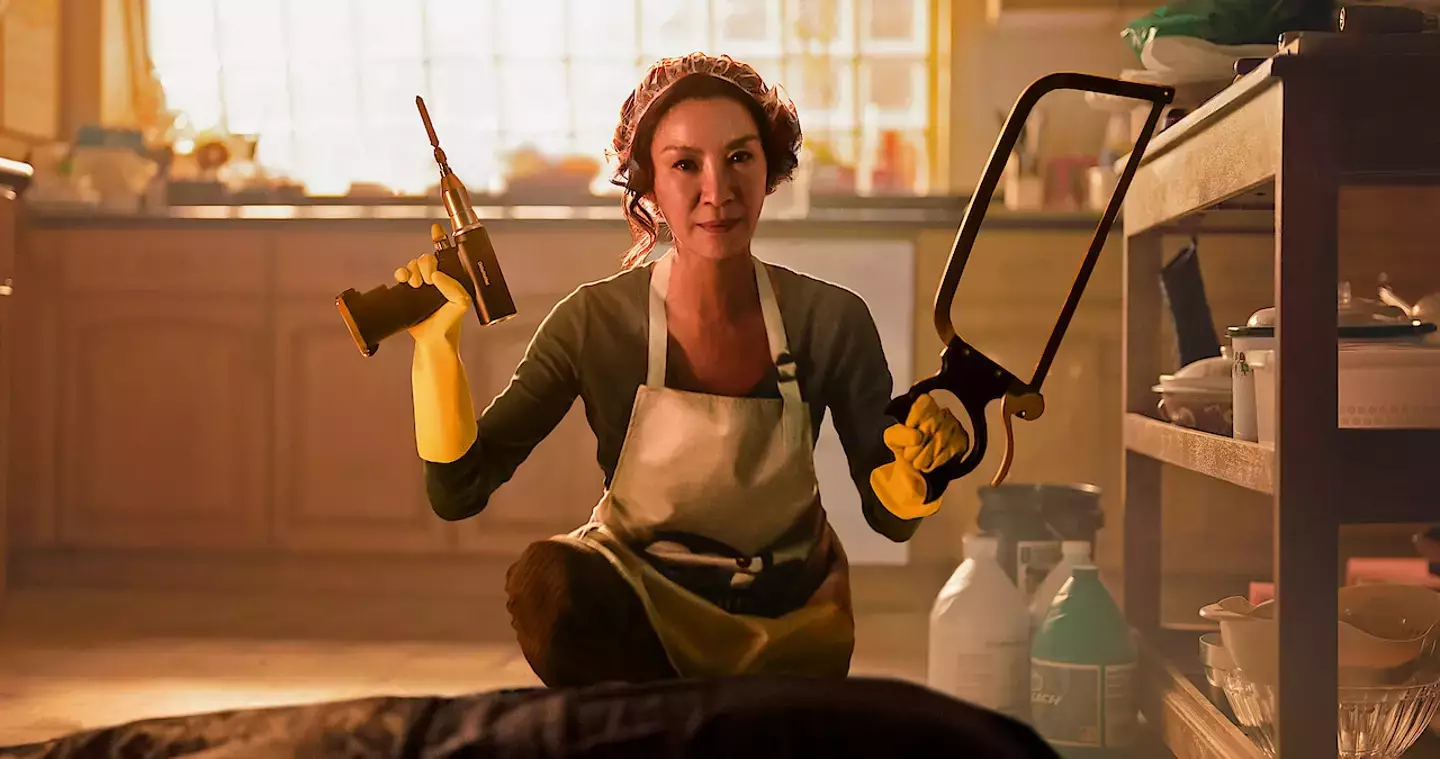If there's something Netflix is developing a reputation for it's suddenly announcing that your favourite shows are over, done and finito.
While the streaming platform has put out a large number of series over the years it's also nipped many of them in the bud, much to the dismay of fans who wanted to see where things were going.
The Brothers Sun, for example, got great reviews from the critics and fans were calling for a season two, so you can only imagine how they feel after hearing that it was cancelled just a couple of months after releasing.
Meanwhile, some shows like Ratched, which did have other seasons announced but never made were canned years later.
Some Netflix viewers have referred to this as 'the Mindhunter treatment', based on the well regarded, but expensive, streaming show which was also cancelled.
Which one of your favourite shows has received 'the Mindhunter treatment?' (Netflix) It's getting to the point that some viewers are having commitment issues because they're worried about getting invested in a show that could be up for the chop with little warning.
Will those two finally work out their feelings and get together? Dunno, cancelled.
Is she going to work out who her real family is and find her place in the world? Your guess is as good as mine, cancelled.
What is that mysterious force controlling the plot from behind the scenes? Good question, unfortunately before the show could show you it got cancelled.
It's starting to become a bit of a running joke for some viewers, but how does a streaming platform decide what to cancel and what to keep?
It's not getting a second season, sorry guys. (Netflix) According to Forbes, one of Netflix's main ways of measuring whether to keep or cancel a show is something called the 'completion rate'.
Basically, it works out what percentage of a show's viewership actually finished it, and as such might represent a loyal audience that would return for another season.
They reported that shows getting above 50 percent completion rate stood a better chance of getting renewed, while ones which couldn't keep at least half of the audience until the end were more likely to be cancelled.
Putting money into shows that don't seem to keep their audience would appear to explain why Netflix cancels so many shows, while budget and overall viewing numbers will also play their part.
If a show is very expensive then it's going to be held to higher levels of scrutiny from the people who make the big decisions, and whichever way you slice it, a show not keeping at least half the audience is going to count against it.

 Joe Harker
Joe Harker
